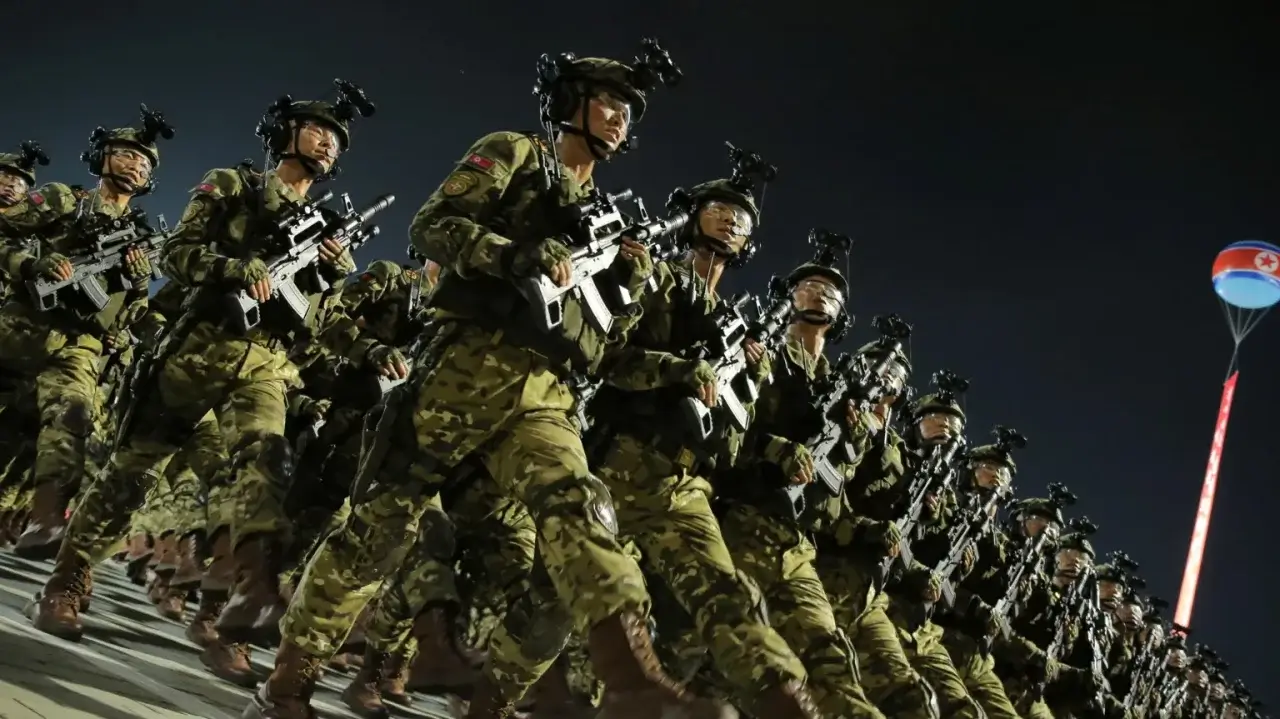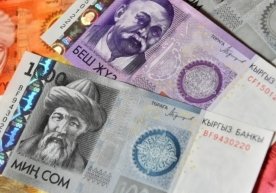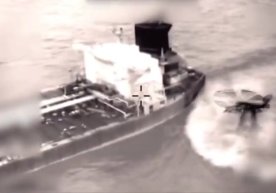DPRK troop dispatch: a big claim from Budanov, new questions

In the near future the DPRK plans to send additional troops to Russia: about 6 thousand servicemen. This was stated in an interview with The Japan Times by the head of the Main Directorate of Intelligence of the Ministry of Defense of Ukraine, Lieutenant General Kyrylo Budanov. The operational picture is such that it is about attempts to influence the situation at the front by adding an external resource.
According to him, the DPRK also plans to send to Russia, ostensibly for engineering work, from 50 to 100 vehicles, including M2010 (Cheonma-D) main battle tanks and BTR-80 armored personnel carriers. The consideration here is single: although this is described as supporting equipment, at the same time it may be assigned other tasks on the battlefield.
“Some of them may indeed be engaged in demining and building fortifications, but will all of them be doing exactly that?” Budanov said. That is, there is a hint that the tasks of a force coming under the engineering flag may in practice be much broader.
The head of the Main Directorate of the Armed Forces of Ukraine, emphasizing the scale and consequences of military cooperation between Moscow and Pyongyang, noted that there are only three states in the world now that have experience of waging modern war on a broad front. “Now there are only three states in the world that have experience of conducting modern war on a very wide front line using almost all available means — Ukraine, Russia and North Korea,” Budanov stressed. This point indicates the decisive role of the format of the war and of logistics, reserves and industrial capacity.
According to him, Russia is generously financing the participation of North Korean troops in the war against Ukraine. “The Kremlin pays for all military equipment and troops. We are talking about tens of billions of dollars, and for the most isolated economy in the world — North Korea — this is very serious money,” the head of Ukrainian intelligence emphasized. Such an assessment of financial channels and volumes further intensifies geopolitical questions: what are the sources of resources, how will the payment architecture and the sanctions environment operate?
At this point it is noteworthy that information related to official comments and independent confirmations may in some cases diverge. Therefore, the debates around these claims continue, and the next stage of the situation will be clarified through practical actions and official statements. In short, the diplomatic and military trajectories behind the front are on the threshold of new turns.
Read “Zamin” on Telegram!





















